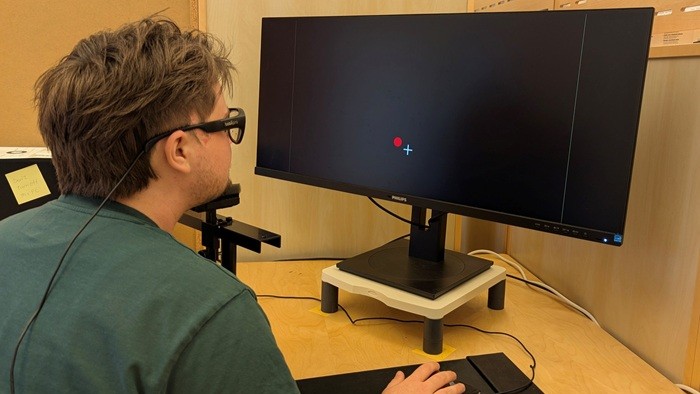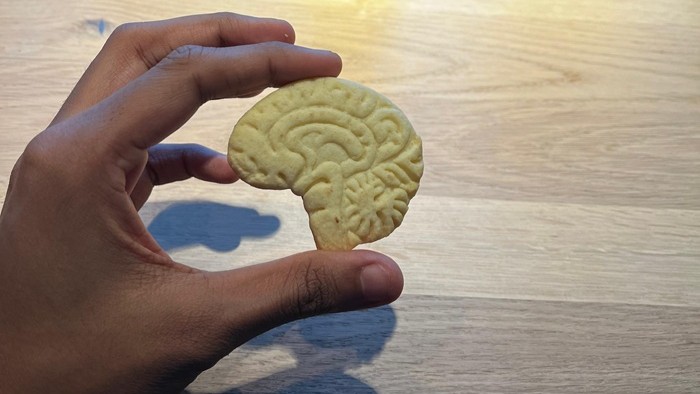Translational Neuroscience
The Elite Graduate Program “Translational Neuroscience” has its basis on established synergies between basic research and clinical practice involving the faculties of medicine and human sciences at the University of Würzburg. The students are trained to understand the complexities of neurological and neuropsychiatric disorders, to develop new ideas and innovative methodological approaches essential for breakthroughs in understanding these diseases, as well as for diagnostic and therapeutic developments.
| Degree | Master of Science (M.Sc.) or certificate of course-related study program |
| Duration of study | Four semesters (M.Sc.) or six semesters (course-related study program) |
| Place of study | Würzburg |
| Admission requirements | For MSc program: Bachelor's degree or equivalent degree in the field of natural science (life sciences, mathematics, physics, (bio)chemistry), psychology, or human medicine For course-related study program: 1st medical state exam |
| Language of instruction | English |
| Application deadline | March 15th (MSc program), May 31st (course-related study program) |
| Begin of studies | Winter semester |
| Head | Prof. Dr. Carmen Villmann |
| Coordinator | Dr. Manuel Nagel Contact the coordinator |
| Further information | Website Translational Neuroscience |
Using Synergies Between Basic Research and Clinical Practice
The Elite Graduate Program "Translational Neuroscience" is a research-oriented, interdisciplinary training program in English addressing national and international students with a Bachelor’s degree in biology, biochemistry or in other life science studies or in psychology and students after their first section of the medical examination in the field of human medicine. The study program teaches a didactically coordinated concept of molecular and cell biologically oriented basic research on disease mechanisms, genetic diagnostics, clinical diagnostics, psychological testing procedures, and of new imaging diagnostic techniques such as MRI, PET and OCT. The students are trained for a patient-centred neuroscientific research at the interface of previously separate fields of neurobiology, neurology, biopsychology and psychiatry.
Individual Mentoring
An individual mentoring program intensively supports the students who face high performance expectations during their studies. An intensive contact with lecturers is essential for coping with the increased demands of the program and helps students during their career pathfinding. This network enables guidance and positioning of students individually according to their research interests and strengths in neuroscience. A tutoring program among the students completes the networking.
Due to the interdisciplinary training at the interface between neurobiology and the clinical subjects of neurology and psychiatry/psychology, the study program qualifies the students for PhD programs as well as for a direct entry into the job market. Graduates of the elite study program Translational Neuroscience have perspectives on employment at national and international level, for example in public research institutions, in the teaching field, in research-oriented clinics, in the field of molecular and diagnostic imaging, in the pharmaceutical industry, as well as in advisory institutions for drug regulations.
Neuroscientific Research Skills for Physicians
In the course-related study program, students of human medicine, who are in the clinical section of their studies, can acquire research competences in the field of neuroscience. Here, young doctors should be optimally trained for a subsequent activity as a clinical scientist. After completing a degree in human medicine, the qualifications obtained can be upgraded to a M.Sc. degree in "Translational Neuroscience".


In addition to teaching technical and methodological skills, it is important not only to recognize individual research strengths, but also to promote them.
Prof. Dr. Carmen Villmann




